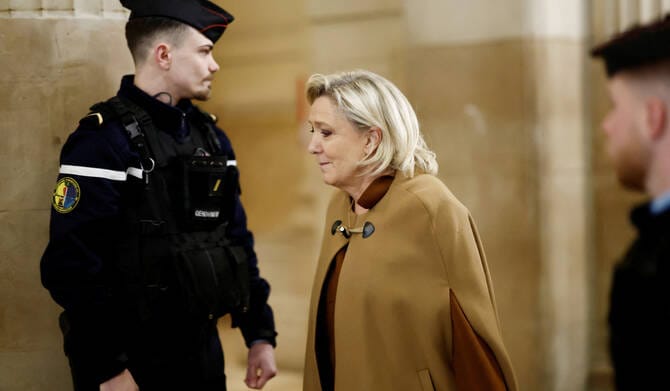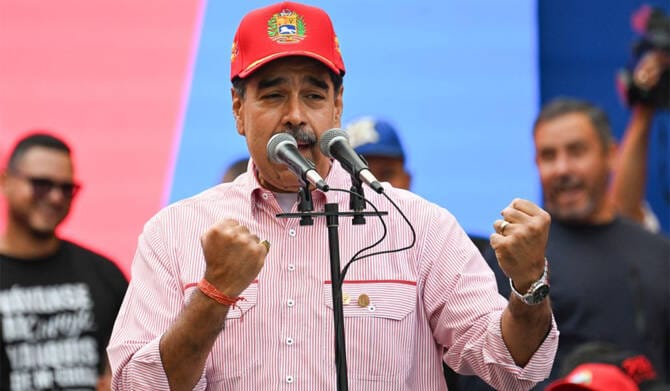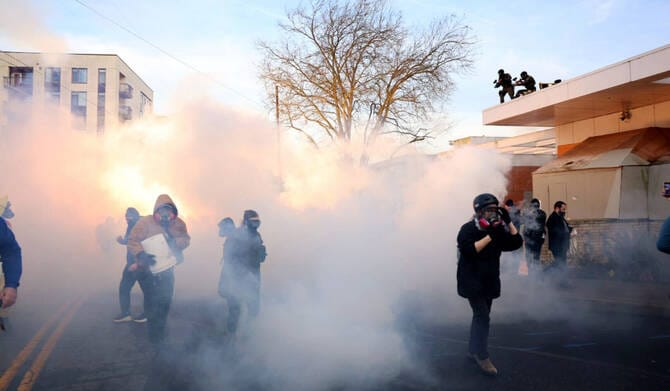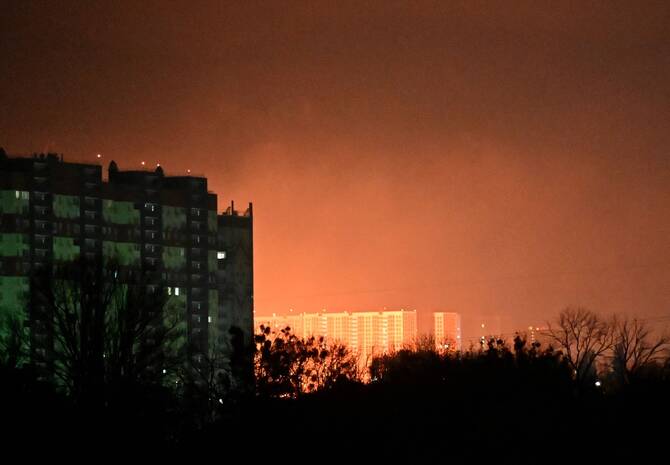Syria’s foreign minister was in Lebanon on Friday for a first visit by a senior official since the ouster of longtime president Bashar al-Assad, as the two countries seek to reset ties.
The Assad clan, ousted in December, exercised control over Lebanese affairs for decades and was accused of assassinating numerous officials in Lebanon who expressed opposition to its rule.
In Beirut, Foreign Minister Asaad al-Shaibani said his visit demonstrated “a new Syrian approach towards Lebanon”, involving respect for its sovereignty and non-interference in its internal affairs.
“Together with Lebanon, we want to overcome the obstacles of the past,” he told a press conference with his counterpart Youssef Raggi.
The Lebanese foreign minister concurred, saying that the neighbors were forging a “new path”.
Key issues include the fate of Syrian prisoners in Lebanese jails and the demarcation of the porous, 330-kilometer (205-mile) border notorious for smuggling.
Lebanon has also long hosted more than a million Syrians who fled their country’s civil war, though the United Nations refugee agency says more than 294,000 have returned home this year.
After meeting President Joseph Aoun, Shaibani said the refugee issue would be resolved gradually.
“There are plans that we are discussing now, with international support, for the dignified and stable return” of refugees, he said.
Prisoners
Assad’s ouster had a direct impact on Lebanon’s own fate.
Lebanon’s current leaders took office this year following a devastating war between Israel and Assad ally Hezbollah that left the militant group badly weakened after years of political dominance.
Hezbollah, which fought alongside Syrian government forces during the country’s civil war from 2011, lost a major ally and supply route with Assad’s ouster.
Lebanon’s government has tasked the army with disarming Hezbollah, the only armed group that refused to hand over its weapons following the Lebanese civil war.
In Beirut, Shaibani was also meeting Prime Minister Nawaf Salam, who met with Syrian leader Ahmed al-Sharaa in Damascus in April.
In March, Lebanon and Syria’s defense ministers signed an agreement to address border security threats after clashes left 10 dead.
Shaibani was accompanied by a delegation that included Justice Minister Mazhar al-Wais.
Some 2,250 Syrians are held in Lebanese jails, around a third of the total prison population, a judicial official told AFP, adding that around 700 met the conditions for extradition but the matter requires a new accord between the two countries.
Hundreds of Syrian prisoners, accused of “terrorism” or related offences including attacks on Lebanese forces, have been brought before military courts.
Others are held for alleged membership in extremist or armed groups that were opposed to Assad, while some are still awaiting trial.
Syria became the dominant power in Lebanon after former president Hafez al-Assad intervened in its 1975-1990 civil war.
His son Bashar only withdrew troops in 2005 following mass protests triggered by the killing of former Lebanese prime minister Rafic Hariri, blamed on Assad and Hezbollah.
In December, Sharaa said his country would not interfere in Lebanon and would respect its neighbor’s sovereignty.





